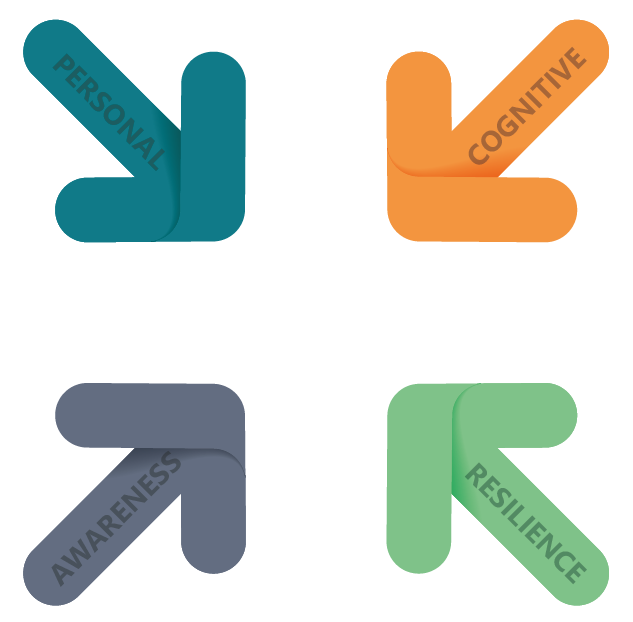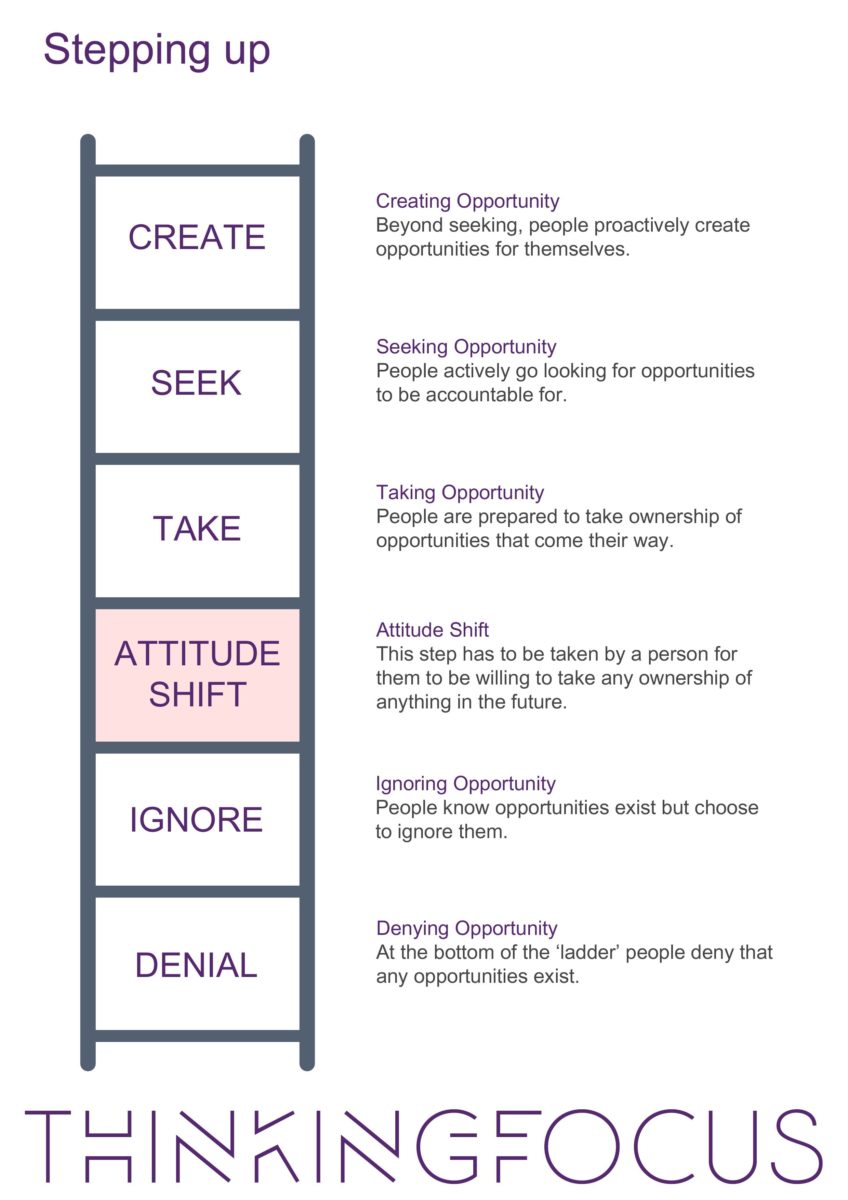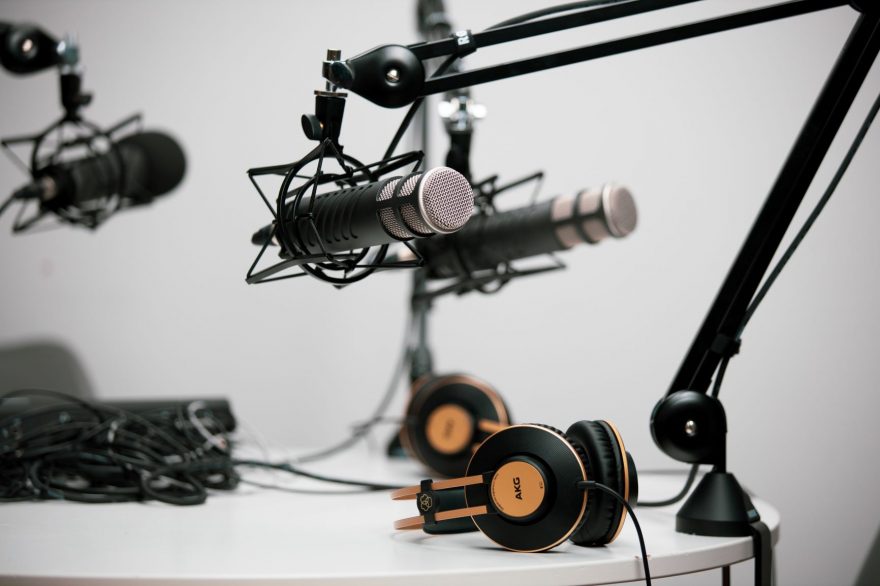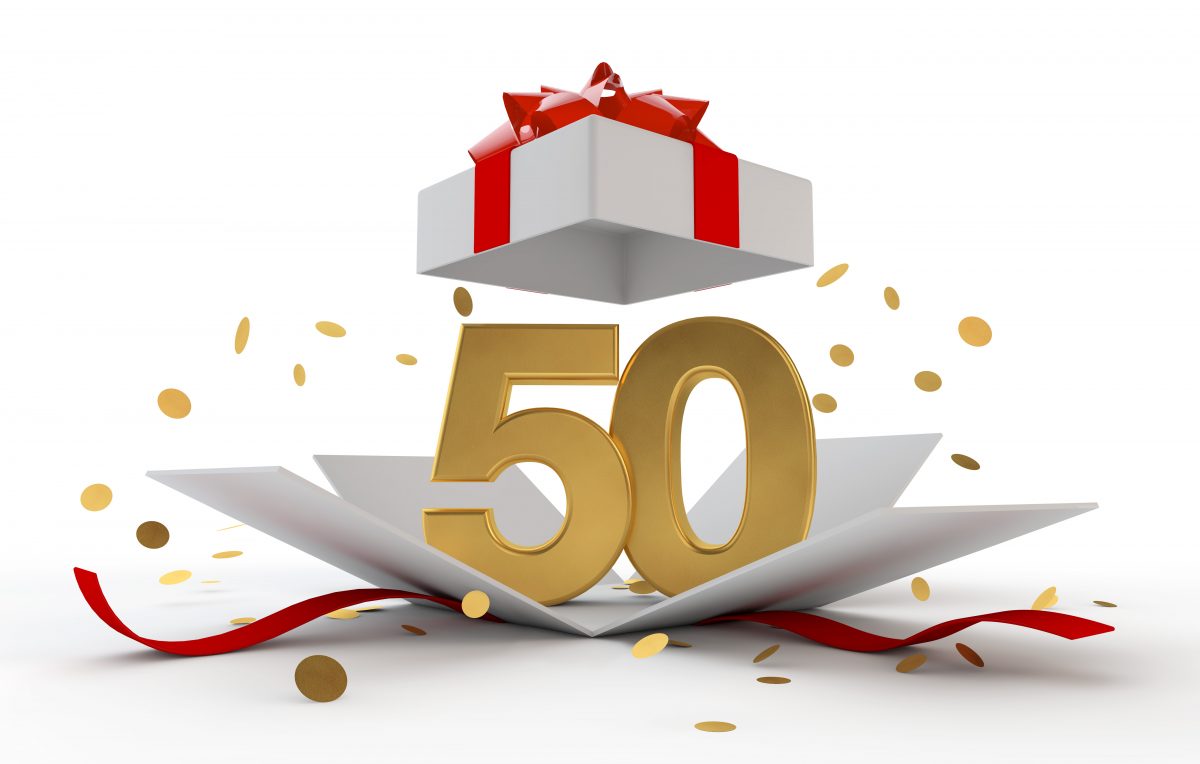In this video, we discuss how to show up as your best self in seven ways. So, whether you’re working on your own personal growth or striving to be a better co-worker, colleague, or manager, this video will provide you with some helpful tips.
With this video, you can work on becoming the best version of yourself! I think you’ll find that this is a journey that’s well worth taking. Thanks for watching!







